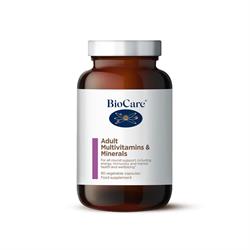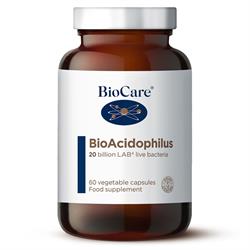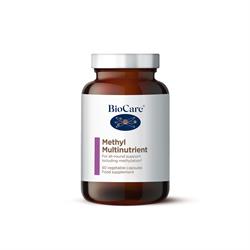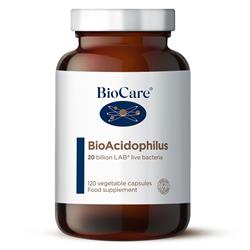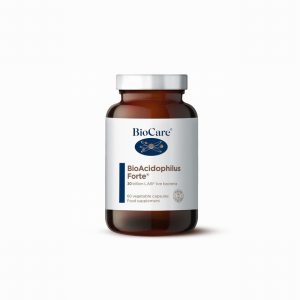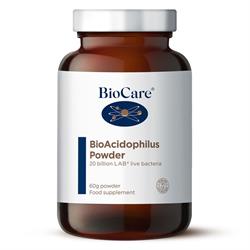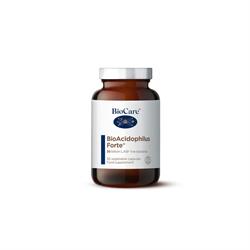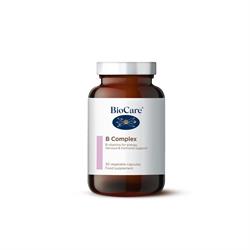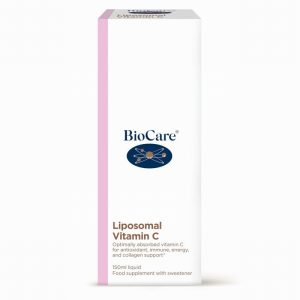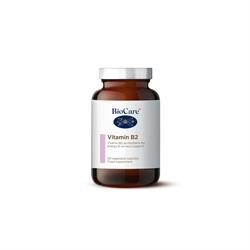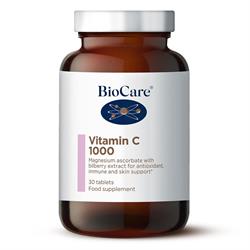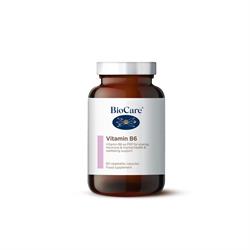4 Unusual Herbs That Promote a Good Nights Sleep
We’re currently experiencing a worldwide lack of sleep.
People’s busy lifestyles often don’t prioritise sleep.
Life can easily become overwhelming.
Japan has the worst national average with just 5 hours and 59 minutes spent in bed.
This statistic doesn’t take into account their propensity to take a quick “inemuri” in the middle of the day.
Poor sleeping habits are estimated to cost the UK economy up to £40bn per year.
Lack of sleep can lead to loss of productivity and chronic illness if prolonged.
The National Center for Biotechnology Information reported that 40% of all insomnia patients have a coexisting psychiatric condition.
Pharmaceutical sleeping pills are designed to be a short-term solution.
Prolonged use of sleeping pills can cause a wide range of health issues.
Luckily there are a lot of natural sleep aids out there – from amino acids and hormones, to teas and supplements.
In this article we’ll explore our top pick of four naturally occurring herbs that are scientifically proven to calm the nervous system and promote healthy sleep.

1. Lemon Balm
Lemon balm (Melissa officinalis L.) is a versatile aromatic herb from the mint family (Lamiaceae) that goes by many names such as balm, English balm, common balm, melissa, garden balm, balm mint, sweet balm and heart’s delight.
This unassuming herbaceous perennial contains a whopping 100 active phytochemicals and is high in flavonoids which have both antioxidant and neuroprotective effects.
The calming effects of lemon balm have long been established and used as a treatment for depression, as an antispasmodic and as a natural antihistamine. It’s not uncommon for people to have an overactive brain that is operating at a high Beta 3 oscillation.
These are the brain waves used for conscious thought and logical thinking. Experiencing these brain waves at night is conducive to anxiety. In fact, if the brain remains at high beta 3 levels for too long this can result in neurodegenerative effects.
Note: There are three stages of “beta” brain waves – beta1, beta2, and beta3.
Lemon balm calms the mind, uplifts mood, soothes the central nervous system, and has been proven to enhance cognitive abilities.
The biologically active compounds in lemon balm include monoterpenoid aldehydes (including citronellal, neral, and geranial), flavonoids, and polyphenolic compounds such as rosmarinic acid and monoterpene glycosides.
The absorption of rosmarinic acid has been proven in studies to display antidepressant effects and is thought to be responsible for the uplifting properties of lemon balm. Lemon balm is approved by the German Commission E for functional gastrointestinal complaints and sleep disorders.
2. Passion Flower
Passionflower (Passiflora incarnata) is recognised around the world for its sedative and anxiolytic (anxiety-reducing) effects. Like lemon balm, passionflower is approved by Germany’s Commission E as a treatment for nervousness and insomnia. One study showed that passiflora has beneficial effects as a treatment for patients with adjustment disorder and an anxious mood.
A double-blind randomized controlled trial was carried out to compare passionflower to the drug Oxazepam. Oxazepam is a benzodiazepine used as a short-term treatment for intense anxiety, insomnia and to treat the symptoms of alcohol withdrawal syndrome. They found passionflower and oxazepam had similar effects, suggesting that passionflower might be a suitable alternative that has fewer adverse effects and can be used over a longer duration.
3. Green/ Black Tea
Both green and black tea (without caffeine) contains L-theanine, an amino acid that can help with focus, promote sleep and have soothing effects.
L-theanine was discovered by Japanese scientists in 1949 and we can now buy L-theanine in supplement form. Green and black teas contain different quantities of L-theanine. To strengthen the dose – brew the tea for longer.
A regular 200 ml cup of brewed black tea contains around 24.2 mg of L-theanine while the same amount of brewed green tea contains just 7.9 mg of L-theanine. L-theanine boosts GABA levels, lowers excitatory brain chemicals and enhances alpha brainwaves. Alpha brain waves are the brain waves associated with waking relaxation and REM sleep.
Researchers have studied the optimal conditions for water extraction of L-theanine from green tea for accurate quantification of L-theanine concentration in green tea. The ideal conditions to extract L-theanine from green tea were found to be extraction at 80 °C for 30 min with a water to tea ratio of 20:1 mL/g and a tea particle size of 0.5-1 mm.
Other than containing L-theanine, both green and black teas have additional health benefits due to being filled with antioxidants, polyphenols and flavonoids. One study found that black tea may also help reduce blood pressure and hypertension.
#4 Skullcap
Skullcap (Scuttelaria lateriflora) is used to treat a wide range of conditions from high cholesterol to anxiety and sleep problems. There are several species of skullcap and not all have the same scientifically-proven health benefits as Scuttelaria lateriflora.
Various strains of Skullcap exist but the Chinese skullcap – Baikal Skullcap (scutellaria baicalensis) is thought to be the strongest.
The sedative qualities of skullcap are poorly understood.
However, it is thought that it modulates benzodiazepine receptor activity in the brain. The benzodiazepine receptors or GABAA receptors receive γ-aminobutyric acid (GABA), the brain’s chief inhibitory neurotransmitter.
Meaning GABA promotes relaxation and sleep. The anxiolytic properties of skullcap may be due in part to other compounds such as the polyphenolic flavonoid baicalin that has antioxidant properties and an anxiolytic (anti-anxiety) profile.
In Conclusion
This list of herbs is by no means exhaustive. Other well-known herbs like lavender, chamomile and valerian are also great choices. These are our top pick of lesser-known herbs that you can use to help you sleep. You can also buy pre-made teabags that include a variety of herbs that will help you get a better nights sleep.
Related Products.
-
BioCare Adult Multivitamins & Minerals – 60 Veg Caps
£38.49 -
BioAcidophilus
£29.29 -
Methyl Multinutrient
£37.19 -
BioAcidophilus
£51.49 -
BioAcidophilus Forte®
£71.89 -
BioAcidophilus Powder
£32.69 -
BioAcidophilus Forte®
£41.19 -
B Complex
£10.99 -
Liposomal Vitamin C
£41.29 -
BioCare Vitamin B2 – 30 Veg Caps
£7.39 -
BioCare Vitamin C 1000 – 30 Tabs
£12.69 -
Vitamin B6
£12.59

